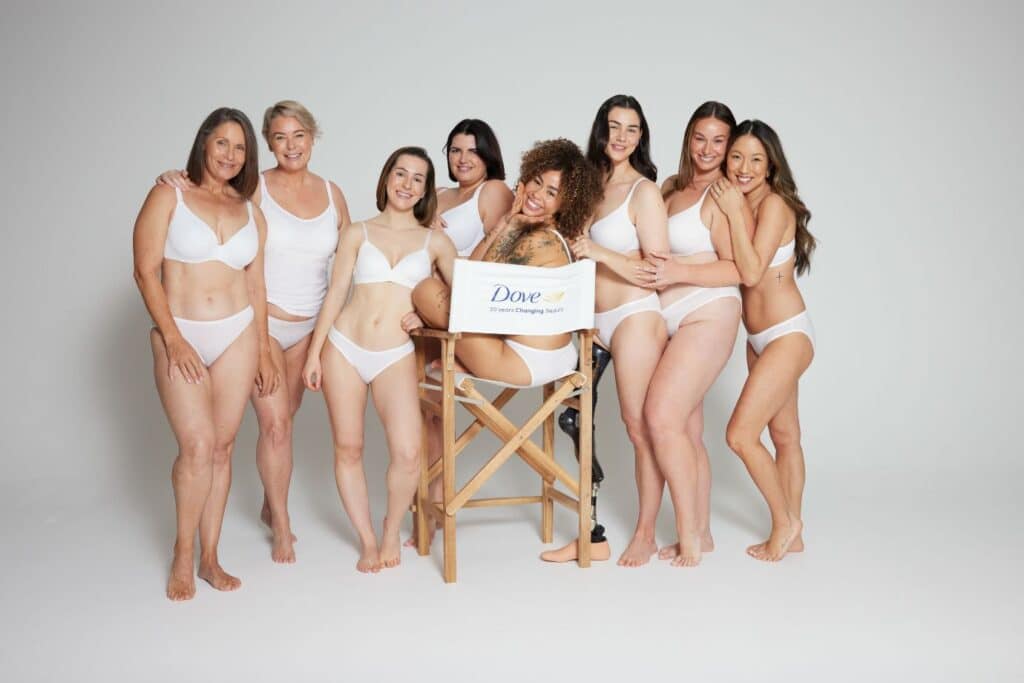Nearly half of Australian women would sacrifice a year of their life to meet society’s standards of beauty, shocking new research has revealed.
The findings come from Dove’s 2024 global report, The Real State of Beauty. It shows 44 per cent of Australian women said they were willing to sacrifice a year of their lives in order to attain the beauty standards set by society. This is higher than the global average of 38 per cent.
In Australia, 80 per cent of women and 78 per cent of girls feel under pressure to maintain a healthy appearance. Women and girls also feel pressured to maintain a slim figure (75 per cent of women, 67 per cent of girls), and to have a small waist (68 per cent of women, 61 per cent of girls).
Dr Phillippa Diedrichs is a research psychologist at the University of West England’s Centre of Appearance Research. As a body image expert, she said representation of different bodies is fundamental to curb these statistics.
“Despite 20 years of work to broaden definitions of beauty, women feel less confident in their own beauty than they did a decade ago,” Dr Diedrichs said.
“Representation is more important than ever.”
The impact of AI
What’s clear, according to the research from Dove, is that online content is having a huge impact on self-esteem. This is especially because of the rise of artificial intelligence (AI) and deepfake images.
According to Dove’s research, more than four in five Australian women have been exposed to harmful beauty content online, and one in two feel pressure to change their appearance because of what they see online – even if they know the image is AI-generated.
European law enforcement group Europol anticipates up to 90 per cent of online content will be AI-generated by 2026. Some experts, including AI and political commentator Nina Schick, say it will be as early as next year.
Chelsea Bonner is the CEO of modelling agency Bella Management, who is working in partnership with Dove as part of the 2024 Real Beauty campaign. She is concerned about the rise of AI and the impact it will have on women and girls.
“As someone who has fought to redefine beauty standards, I’ve seen the harmful effects of unrealistic beauty ideals,” Bonner said. “AI-generated content only worsens this issue, bombarding us with unattainable images.”
To respond to these growing concerns, Dove has made a commitment to never use AI-generated imagery in its advertisement, as it continues to combat negative self-image for women and girls around the world.
“Dove’s commitment to real beauty, refusing to use AI generated imitation humans in advertising and promoting transparency with the Real Beauty Prompt Guidelines are critical steps in protecting and celebrating authentic beauty,” Bonner said.
Tess Giordimaina, the marketing manager for Dove at Unilever, said Dove has “always stood for real beauty”.
“Our commitment to never using AI in our ads underscores our dedication to authenticity. By introducing the Real Beauty Prompt Guidelines, we aim to foster a more inclusive and transparent approach to beauty in the digital age.
“It’s our mission to uplift women and girls everywhere and ensure they see their true selves reflected in the media.”


